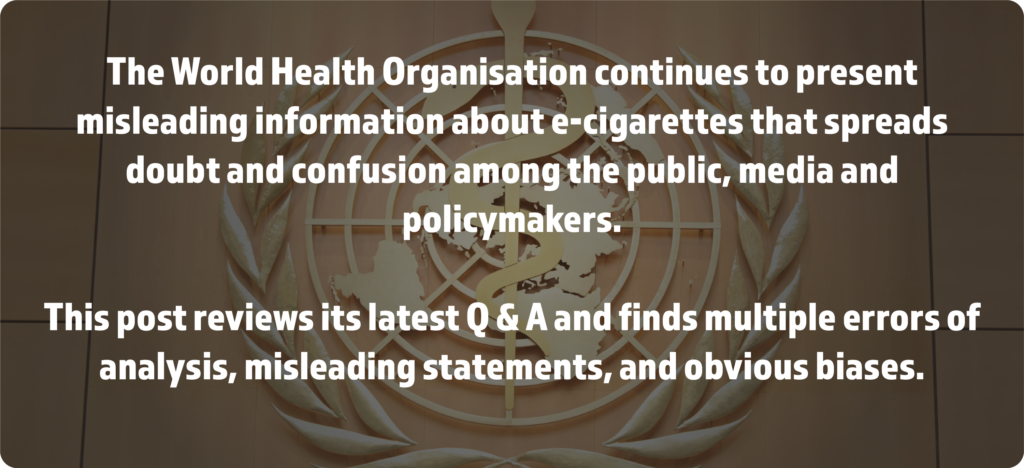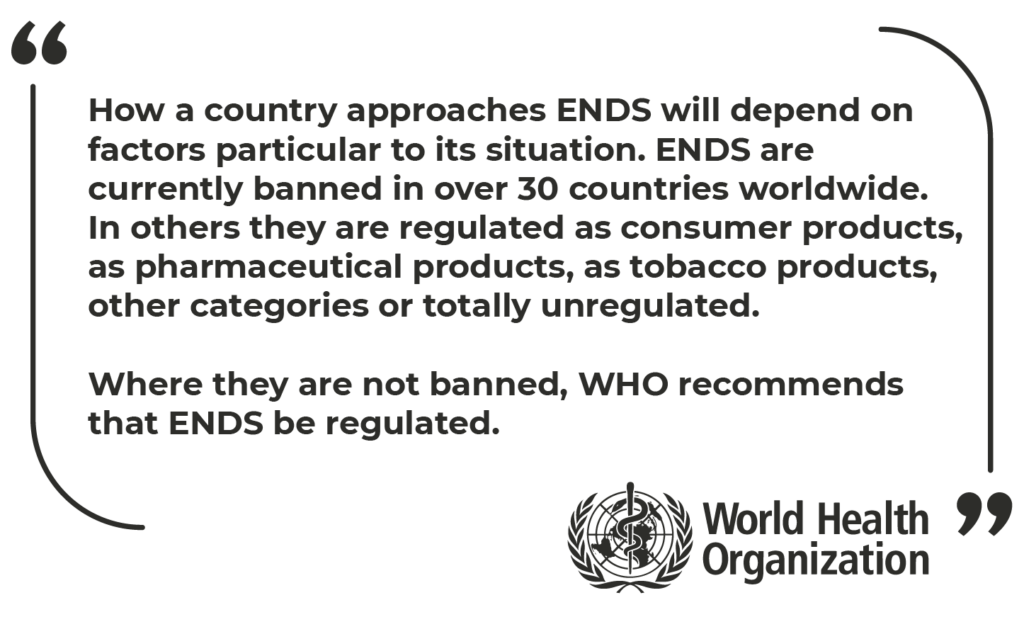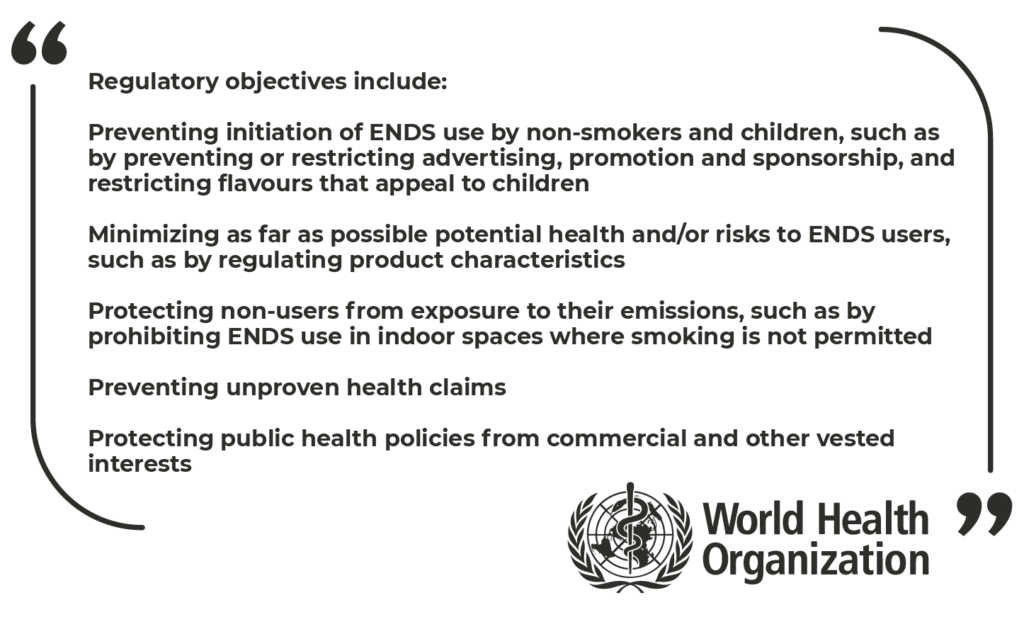CCC joins coalition opposing Credit Card Competition Act
Dear Member of Congress:
We, the undersigned organizations, oppose the inaccurately named Credit Card Competition Act of 2022 (S. 4674). The bill is a backdoor price control, and extension and expansion of the Durbin amendment as enacted in the Dodd-Frank Wall Street Reform and Consumer Protection Act (P.L. 111-203).
As written, the bill directs the Federal Reserve to draft rules requiring credit cards issued in the United States to offer at least two unaffiliated payment network options for point-of-sale and online transactions.
According to the bill, the two networks may not both be Visa and Mastercard, because they “hold the 2 largest market shares with respect to the number of credit cards issued in the United States.” However, should market share switch hands to new firms, the routing mandates will no longer apply. The bill also mandates that the proprietary security of the credit cards function so that all networks are available for retailers to pick and choose—consumers get no say whatsoever. In fact, the bill never mentions consumers, nor how they will benefit.
It is abundantly clear that special interest groups are using the federal government to alter the credit card market to benefit themselves and not consumers. This is textbook rent seeking behavior, anathema to free market principles, and should be staunchly opposed by Republican lawmakers.
Furthermore, we oppose S. 4674 for the following reasons:
• The bill does not promote competition, instead it dramatically expands the role of the federal government to overregulate the market for credit cards. Today, requiring multiple dual-message networks to function over one card is technologically infeasible. The cost of overhauling our current credit system to comply with the mandates in the bill could cost up to $5 billion.
• The mandates in the bill are so costly that more than $60 billion in rewards that consumers receive every year would largely disappear. According to the International Center for Law & Economics, “86% of credit cardholders have active rewards cards, including 77% of cardholders with a household income of less than $50,000.”
• The bill authorizes the federal government to intervene in contracts between private parties. The federal government should not be interfering in private contractual agreements. This encroachment will force small banks and credit unions to severely limit or cease providing co-branded cards that millions of consumers use every day. This is similar to how Biden’s Securities and Exchange Commission is attempting to dictate provisions of contracts between private fund advisers and investors.
• There is no evidence that this bill will pass savings down to consumers. A report from the Government Accountability Office stated that if the regulations in the Durbin amendment “had not been implemented, 65 percent of noninterest checking accounts offered by covered banks would have been free.” Since the enactment of the Durbin amendment, about 22% of retailers have raised prices on consumers while only 1% lowered prices. Additional regulation on credit interchange will affect fees and interest in the credit market, thus increasing costs for consumers.
• Because the bill forces credit cards to allow access to all networks, proprietary technology will be exposed to competing networks, destroying incentives to create new and innovative fraud protection and cybersecurity. As one paper points out, the routing mandates “largely undermine the economics of networks and issuers.”
• The bill is a perfect example of Congress ceding its Article I authority to the Federal Reserve. All the provisions of this bill require the Federal Reserve to draft rules to carry out its mandates.
Based on the points made above, we believe this bill is diametrically opposed to free market principles. We encourage all lawmakers to oppose this bill.
Sincerely,
Yaël Ossowski
Deputy Director
Consumer Choice Center







